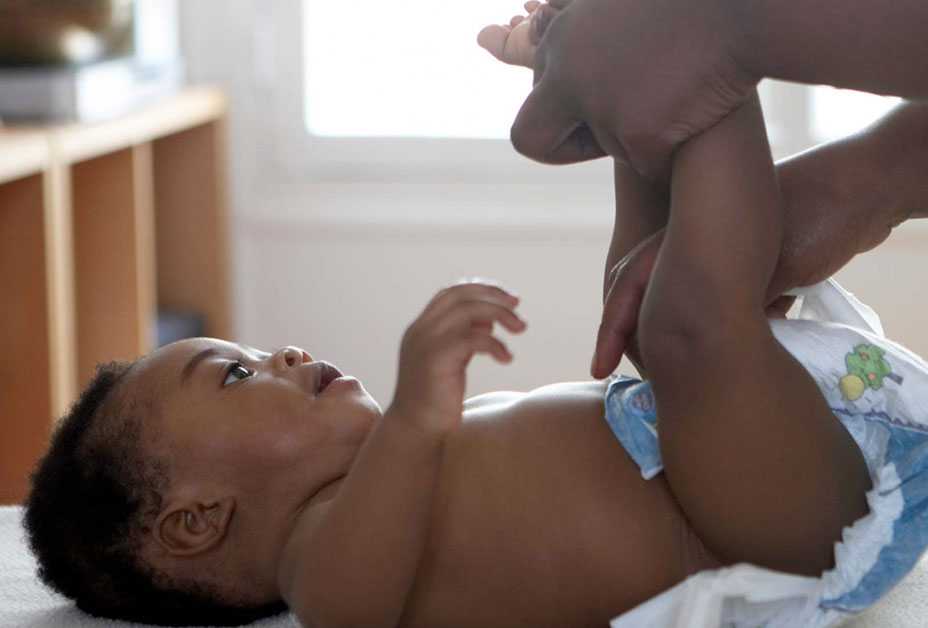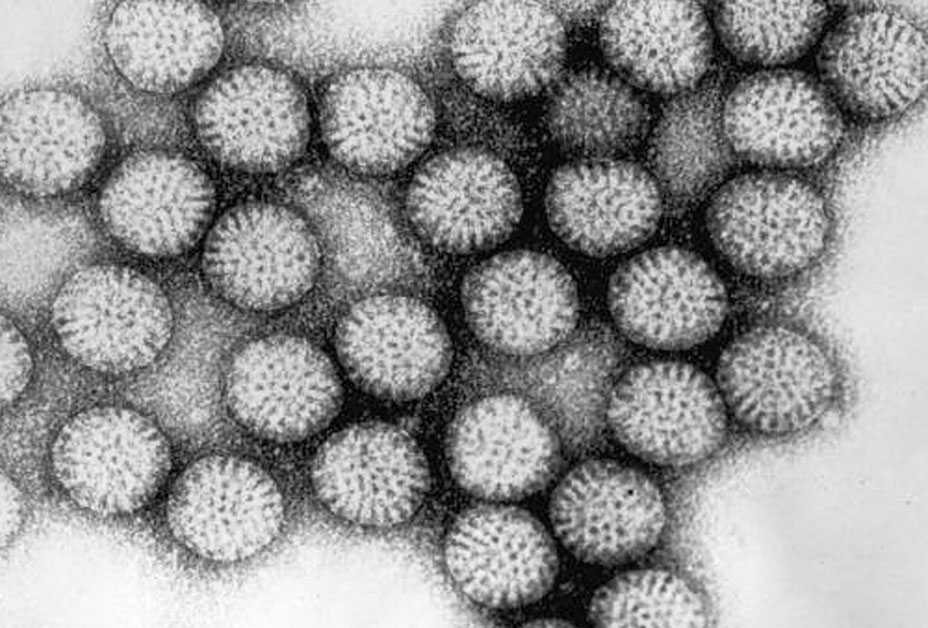Rotavirus
[ro-ta-vi-rus]

Rotavirus disease is most common in infants and young children, but older children and adults can get it too. People with this disease shed a lot of rotavirus in their stool. If you get rotavirus in your mouth, you can get infected and sick. This can happen when you touch other people’s hands or objects that have rotavirus on them. Once you’ve been exposed, it takes about 2 days for symptoms to appear. The most common symptom is diarrhea, other symptoms may include fever, throwing up and stomach pain. Some children are not able to drink enough liquids to replace the fluids lost from having diarrhea or throwing up. This can lead to severe dehydration, hospitalization, and death.
Quiz
Key Facts
- Children are most likely to get rotavirus disease in the winter and spring (December through June).
- Before rotavirus vaccine was introduced in 2006, rotavirus was the leading cause of severe diarrhea in U.S. young children.
- Rotavirus is the leading cause of severe diarrhea in infants and young children worldwide.
- There are two very effective vaccines to protect against rotavirus: Rotarix and RotaTeq. Both vaccines are given by mouth.
- There is no antiviral drug to treat rotavirus infection. Antibiotic drugs will not help because antibiotics fight against bacteria not viruses.
Media
Prevention Tips
-
Rotavirus is very contagious. Hand washing and good hygiene are important but not enough to control the spread of rotavirus disease.
-
Rotavirus vaccination is the best way to protect your child from rotavirus disease.
-
CDC recommends that infants get vaccinated against rotavirus disease. Two vaccines are available:
• RotaTeq® (RV5) is given in 3 doses at ages 2 months, 4 months, and 6 months
• Rotarix® (RV1) is given in 2 doses at ages 2 months and 4 months. -
The first dose of the rotavirus vaccine can be given as early as 6 weeks of age. Infants should get all doses by 8 months of age.
-
Rotavirus vaccines will not prevent diarrhea or throwing up caused by other viruses, but they are very effective against rotavirus infection.
- Page last reviewed: March 3, 2016
- Page last updated: March 3, 2016
- Content source:
- Centers for Disease Control and Prevention
- Page maintained by: Office of Associate Director of Communication, Division of Public Affairs


 ShareCompartir
ShareCompartir



